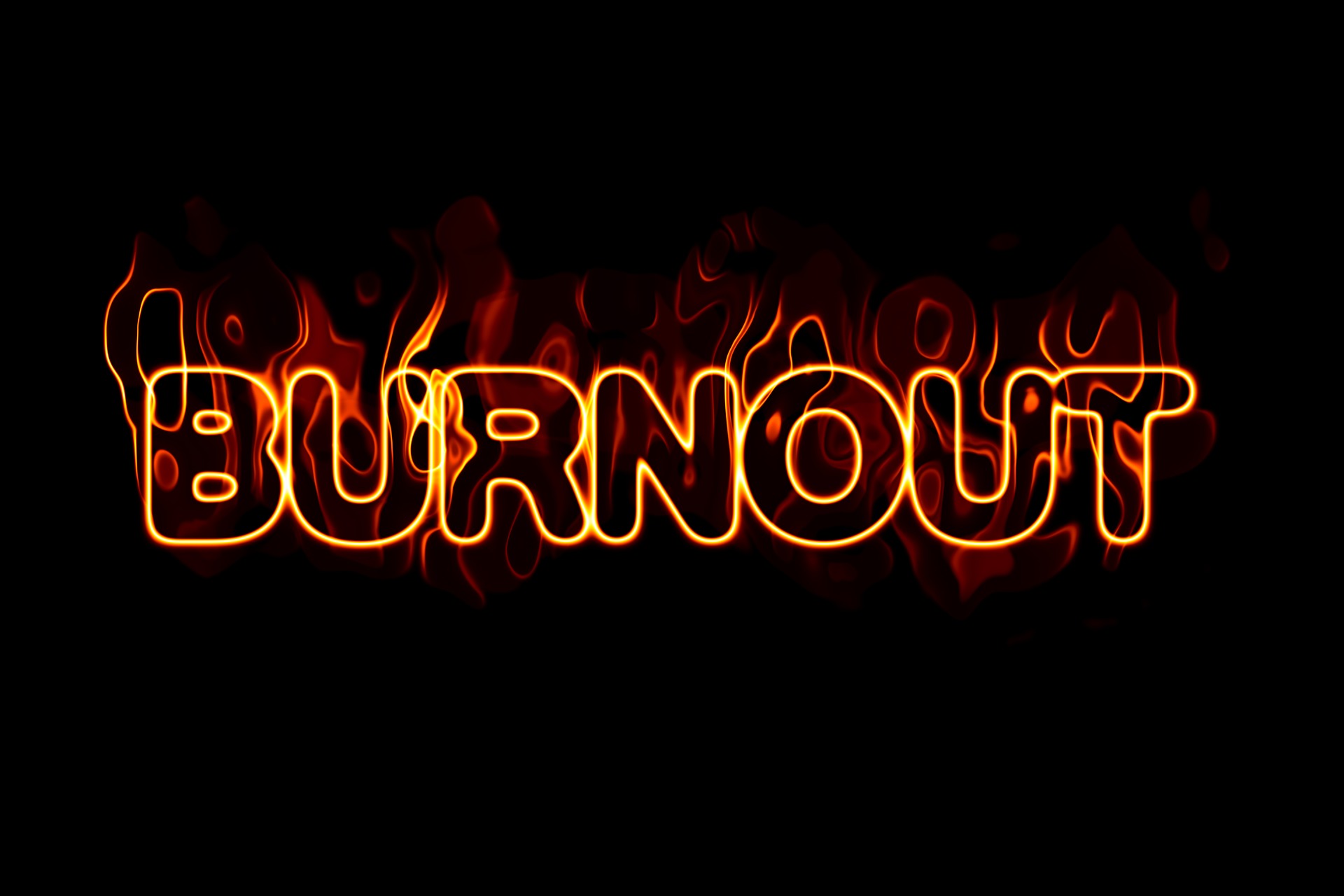
Burnout… Keep your “fire” alive
Εxpat Nest is thrilled to welcome Mina Stamataki, an occupational health psychologist (MSc) who lives in the Netherlands. Mina works in Human Resources, focusing on learning and development as well as workplace health promotion. Today she shares her ideas on burnout: how to recognize it and what techniques can be effective in alleviating it.
Burnout is a challenge that many people face. Even if we haven’t experienced it ourselves, most of us are close to someone who has struggled with it. Burnout is the result of excessive and prolonged stress, and may be described metaphorically as the extinguishing of a candle or the draining of a battery.
A person dealing with burnout generally experiences the following three phases:
- Exhaustion: Feels emotionally and physically tired. As a result, shows signs of withdrawal; e.g. low engagement levels at work or a desire to quit.
- Cynicism: Adopts a “cold” and impersonal attitude towards work and colleagues, in order to protect themselves from the feelings of exhaustion.
- Inefficacy: Feels inadequate, overwhelmed and helpless.
What causes burnout?
Burnout is associated with a mix of job- and individual-related factors.
Job factors
- Work overload
- Low job autonomy
- Insufficient reward
- Lack of fairness
Individual factors
- Working too much/taking on many responsibilities
- Inadequate sleep
- Absence of supportive close relationships
As expats, we face a lot of stressful life changes away from home; therefore it can be easy to feel our energy supply draining.
The most common signs of burnout are:
- Decreased productivity
- Loss of job satisfaction and commitment
- Decreased motivation
- Procrastination
- Neglecting your own needs
- Negativity or withdrawal from close relationships
- Loss of meaning in life
- Health problems; e.g. headaches, digestive problems and infections
Identifying the problem is the first important step towards resolving it.
What can I do next?
- Humour: Humour has been recognised as one of the most effective ways of dealing with stress. Although it may be difficult when feelings of excessive stress occur, try to see things positively and see life through its amusing side.
- Recovery from work: It is important to make a distinction between work and personal life. Stop thinking about work when you return home, switch off your work mobile phone, and engage in relaxing and fulfilling activities. Invest in your social life and spend time with friends.
- Social support: Being able to talk to people about your problem can be helpful. Discuss the problem with your colleagues too, and ask how they cope with their workload. You will be surprised to find that you are not alone.
- Set goals: Selecting and pursuing new goals can help you stay active and energised and builds positive feelings of anticipation. Think about your next desired step, plan how to get there and work towards its accomplishment.
- Physical well-being: Being healthy helps us face difficulties with a positive attitude and decreases stress levels. Focus on a nutritious diet, exercise, and getting enough rest. Remember 50% is what you think and 50% is what you do.
- Professional support: If the above is not enough, there are professionals with the expertise to help you. Don’t hesitate to follow a course in stress management or seek help from a counsellor/therapist.
Have you or a friend of yours ever suffered from burnout? What helped you recover? We’d love to hear your story. Feel free to comment in the box below.
Did you like this article? If so, share it with someone who may find it useful and subscribe to more of our TOP EXPAT TIPS.
WANT TO USE THIS ARTICLE IN YOUR NEWSLETTER, BLOG OR WEBSITE?
Feel free! We ask only that you include this information: Expat Nest is a professional online counselling service for expats. Expat Nest supports expats who are facing challenges and who want to feel happier and more relaxed in their international experience. http://www.expatnest.com
Photo: Geralt / Pixabay





In our schools and universities, we are usually pushed and encouraged to push hard to achieve grades which often leads to burnout, even if its short term. I like to cope by taking timeouts, for example, getting fresh air and going for a walk or going to a place which you know is safe and peaceful. I also like to listen to music until I get back my energy and motivation required to complete a task. Interestingly, I don’t like to rely on my friends too much as I don’t want them to suffer my stress and incur my life rants and problems as it would be a burden to them and I don’t like it when others do that.
Thanks for your comment and sharing your thoughts with us, Thomas. I am sure some of the examples described in your comment will give inspiration to other readers in our community.
Best regards,
Vivian